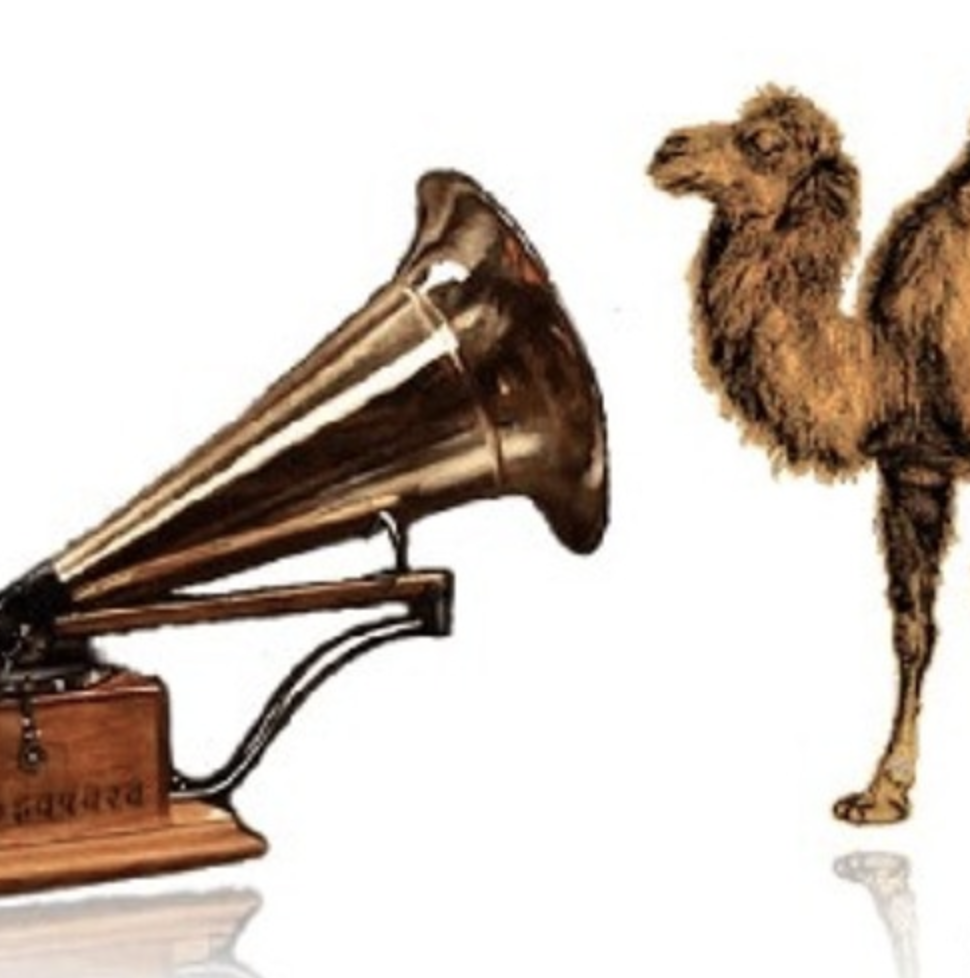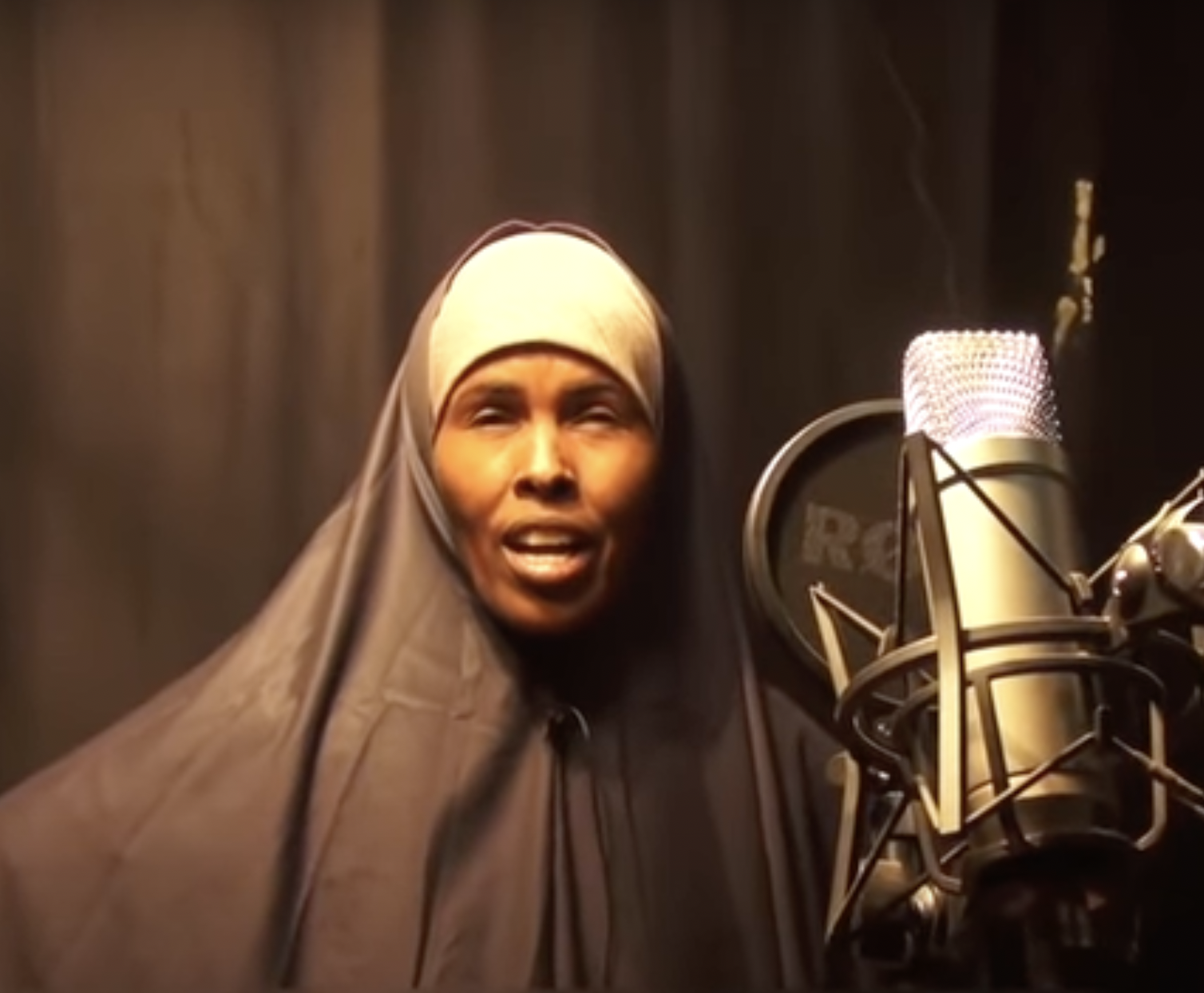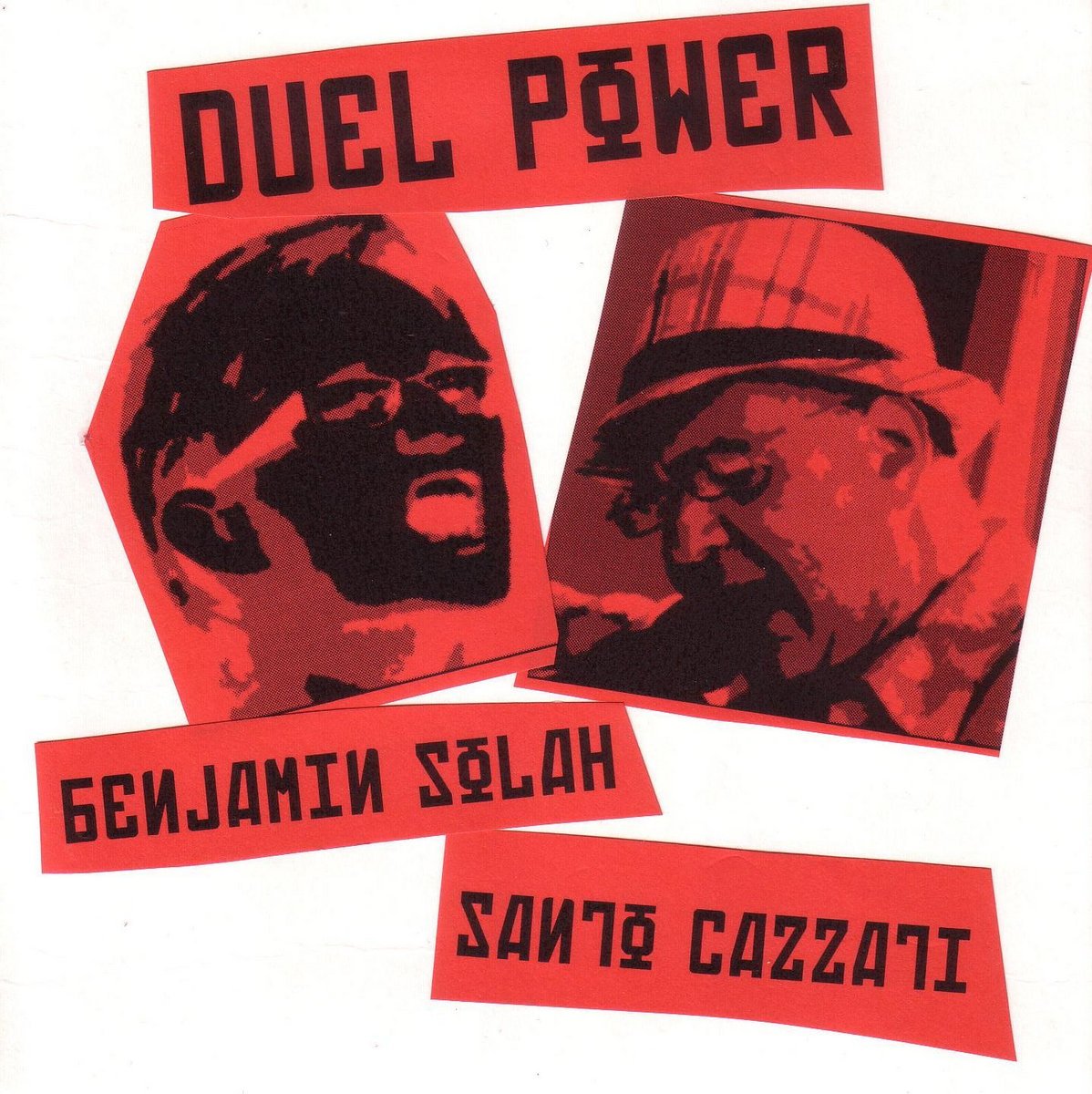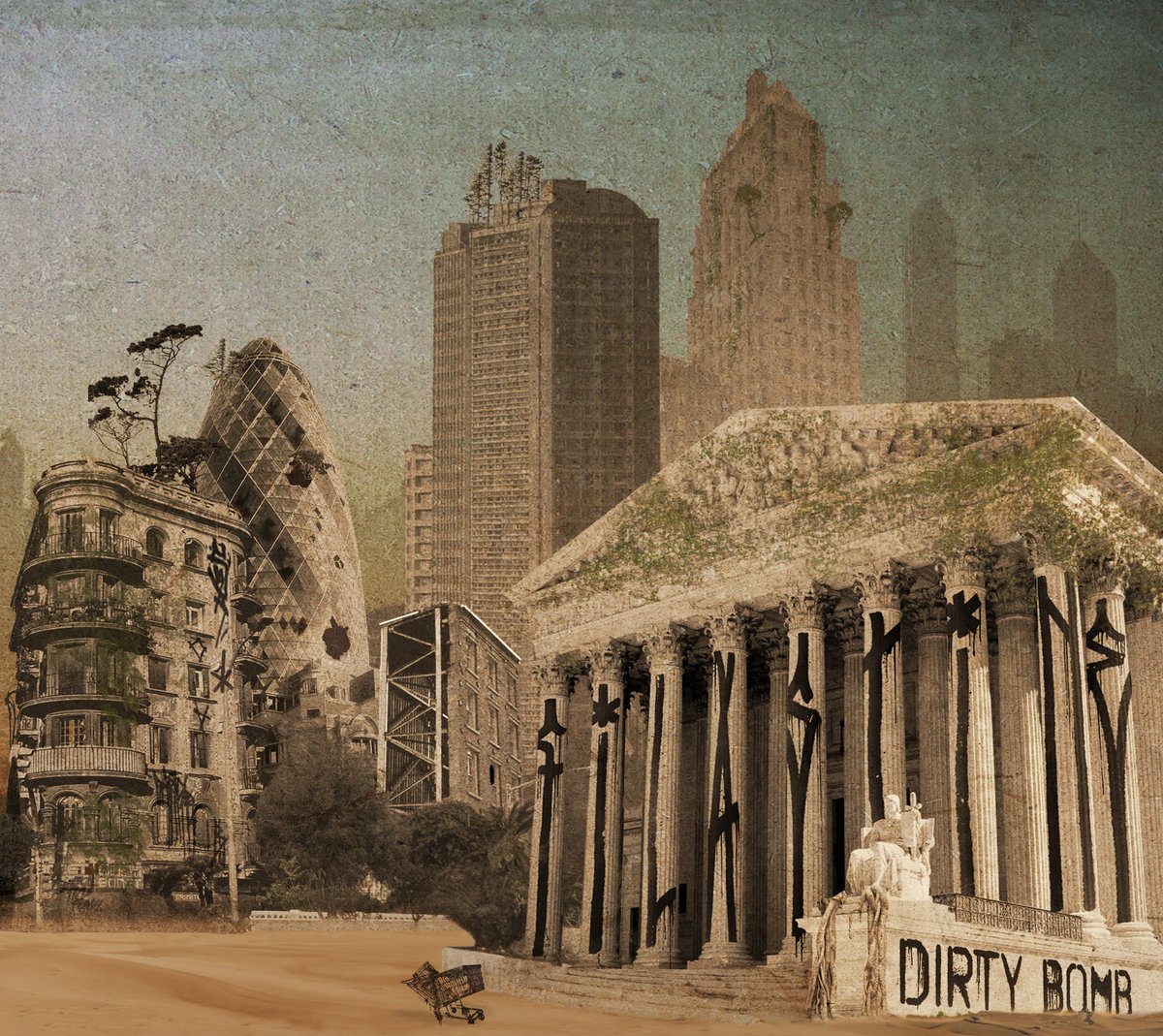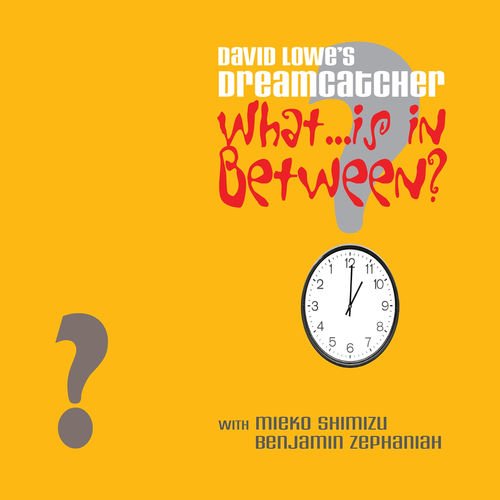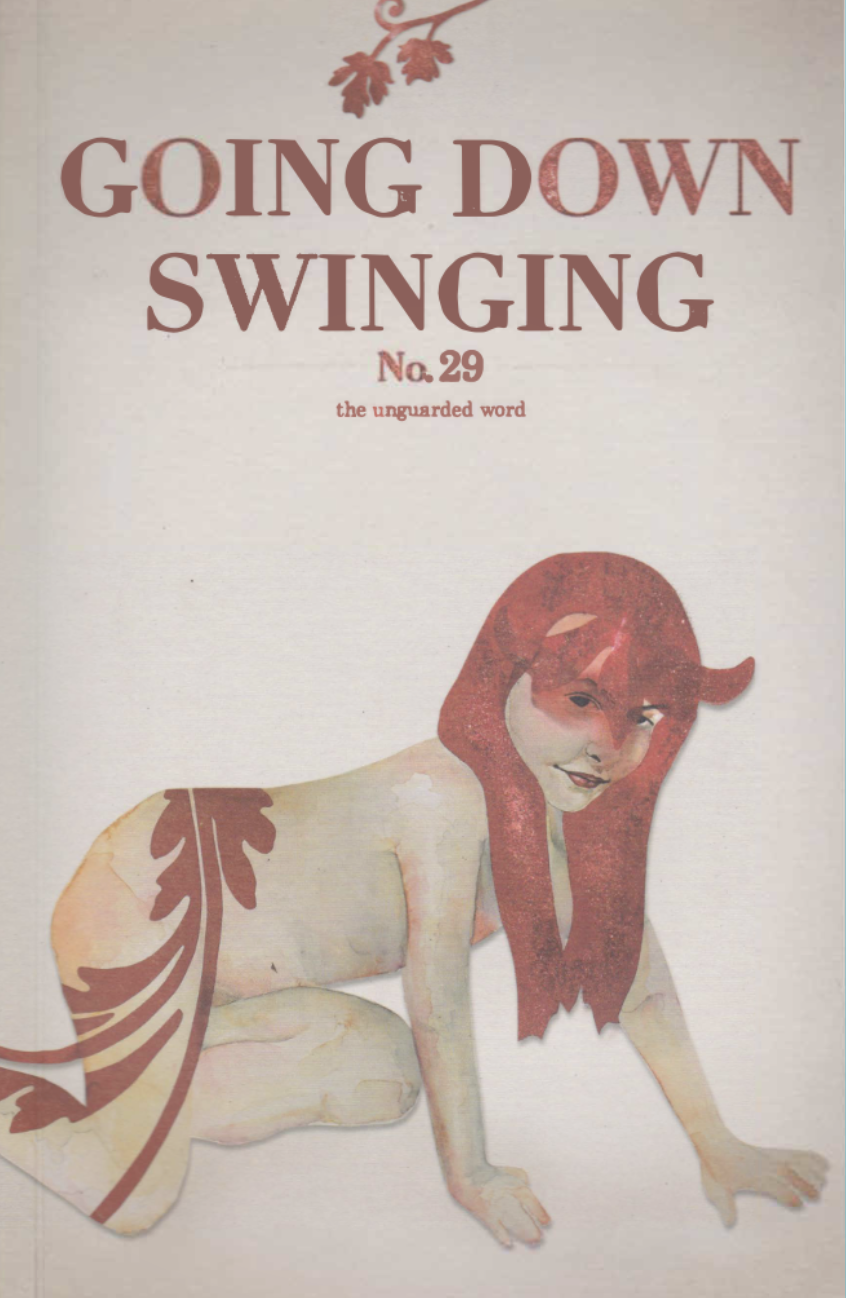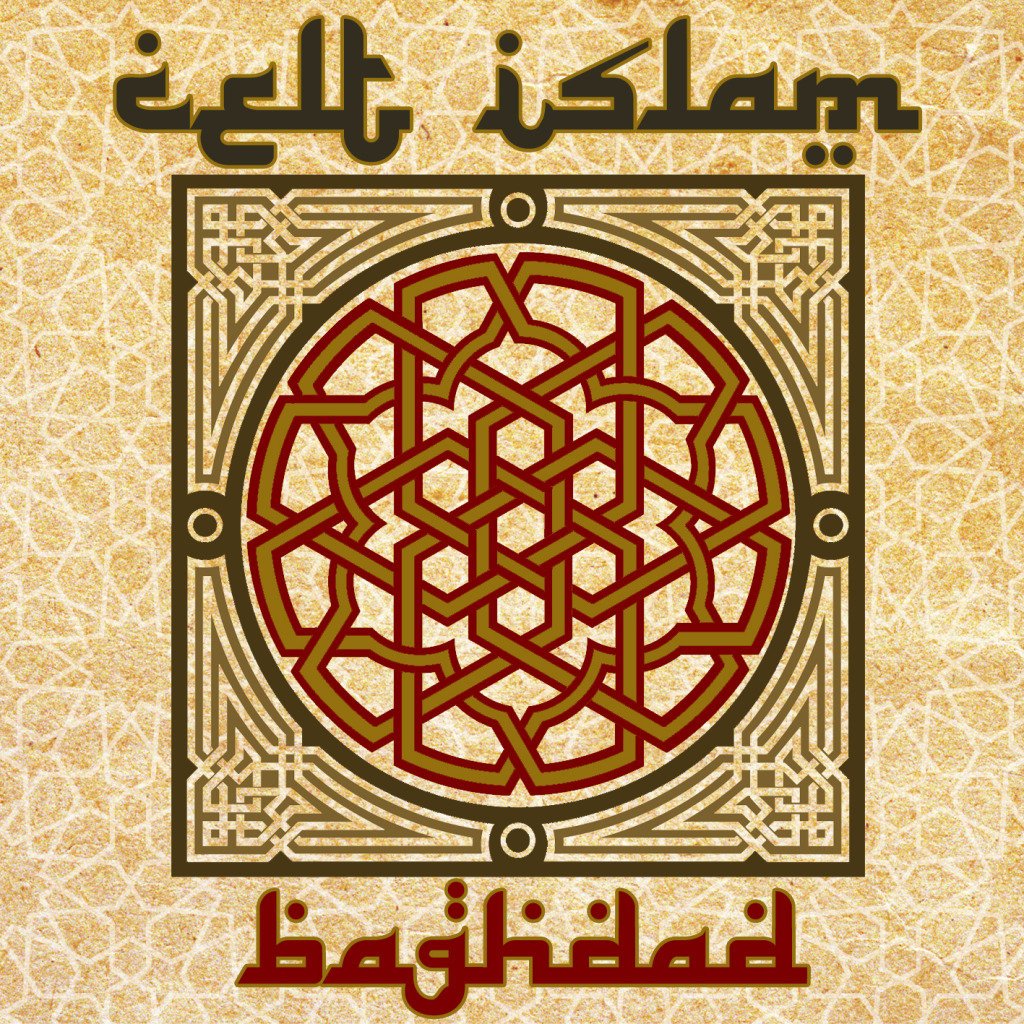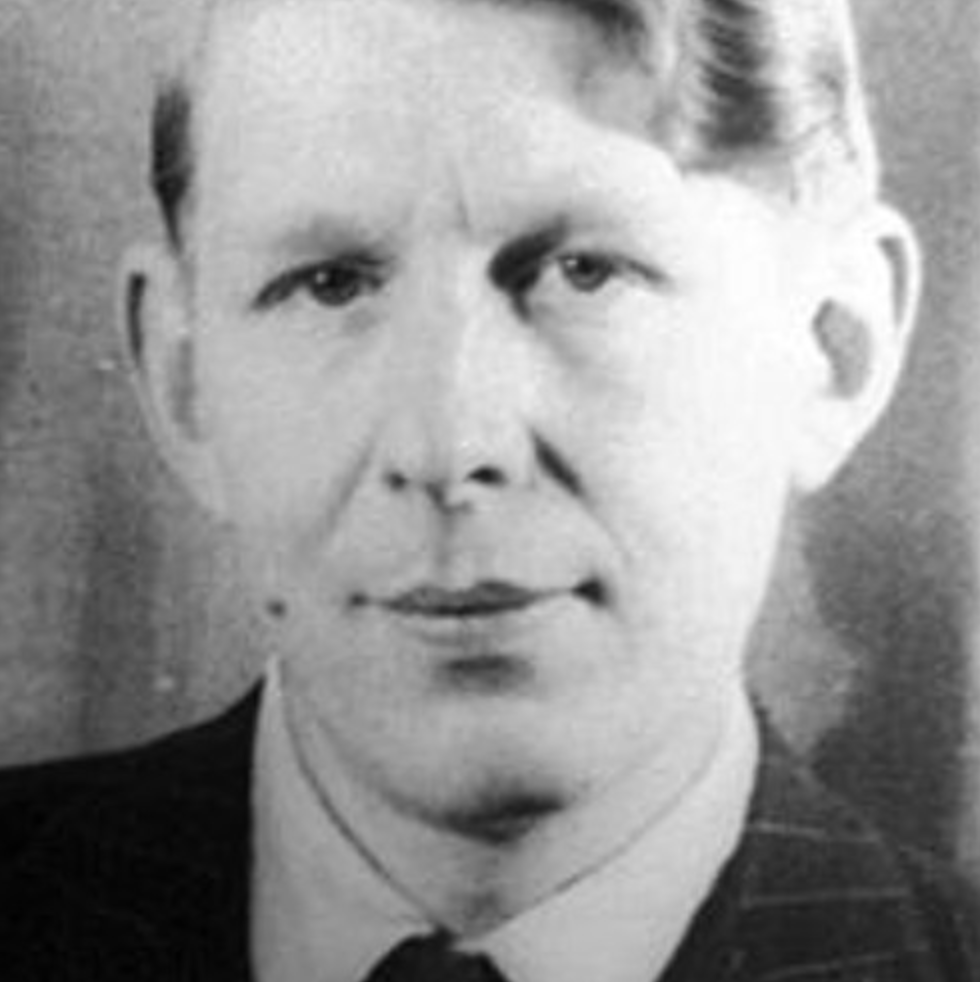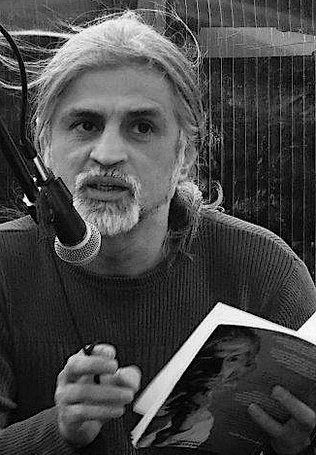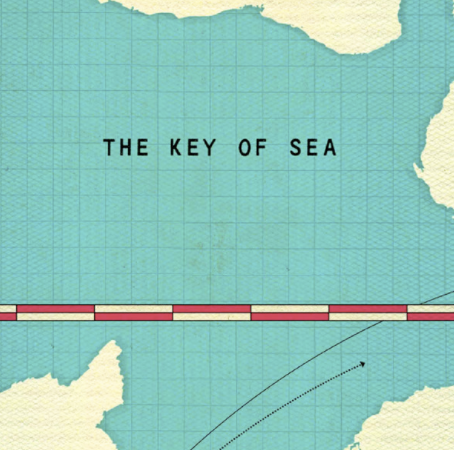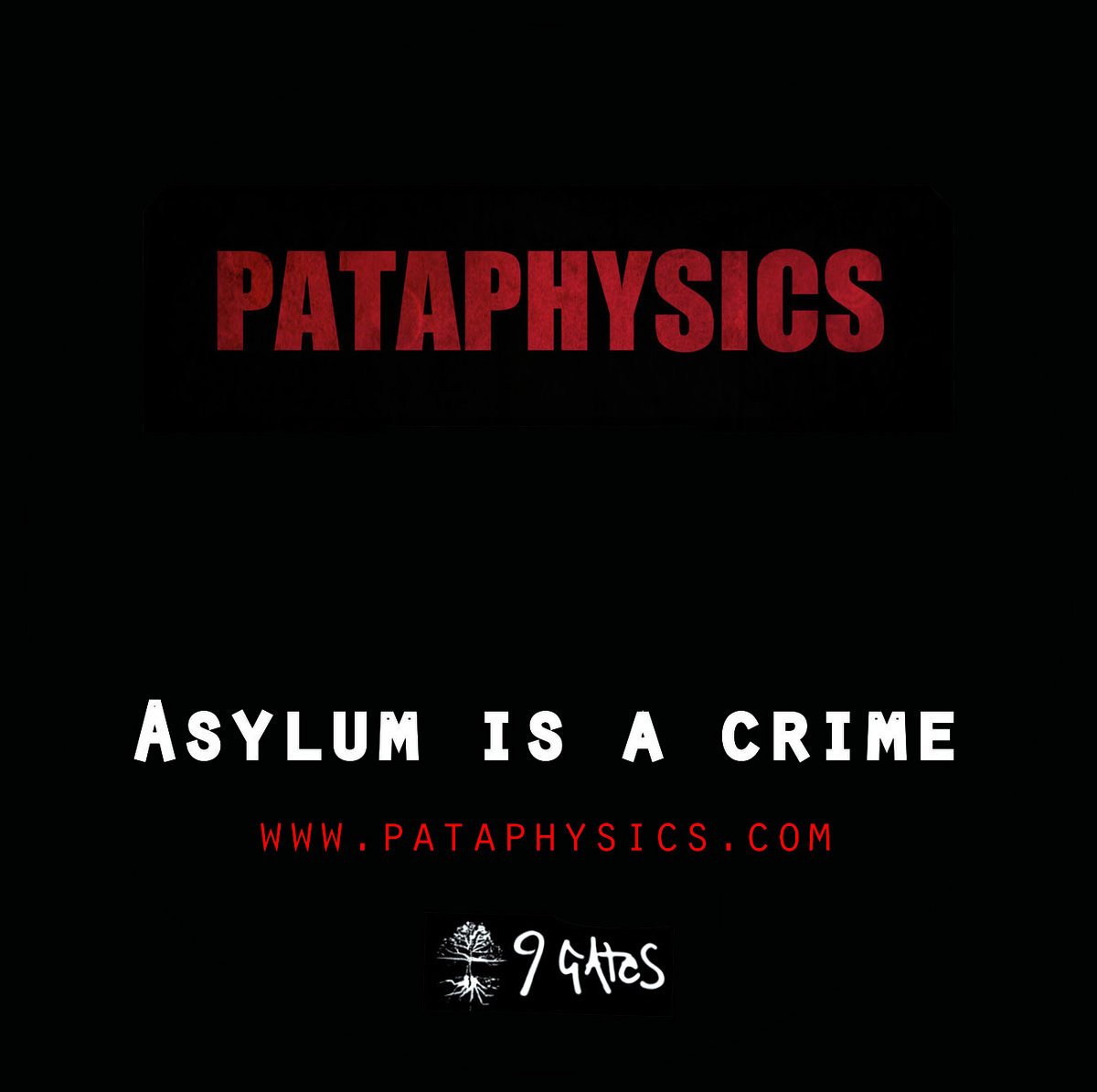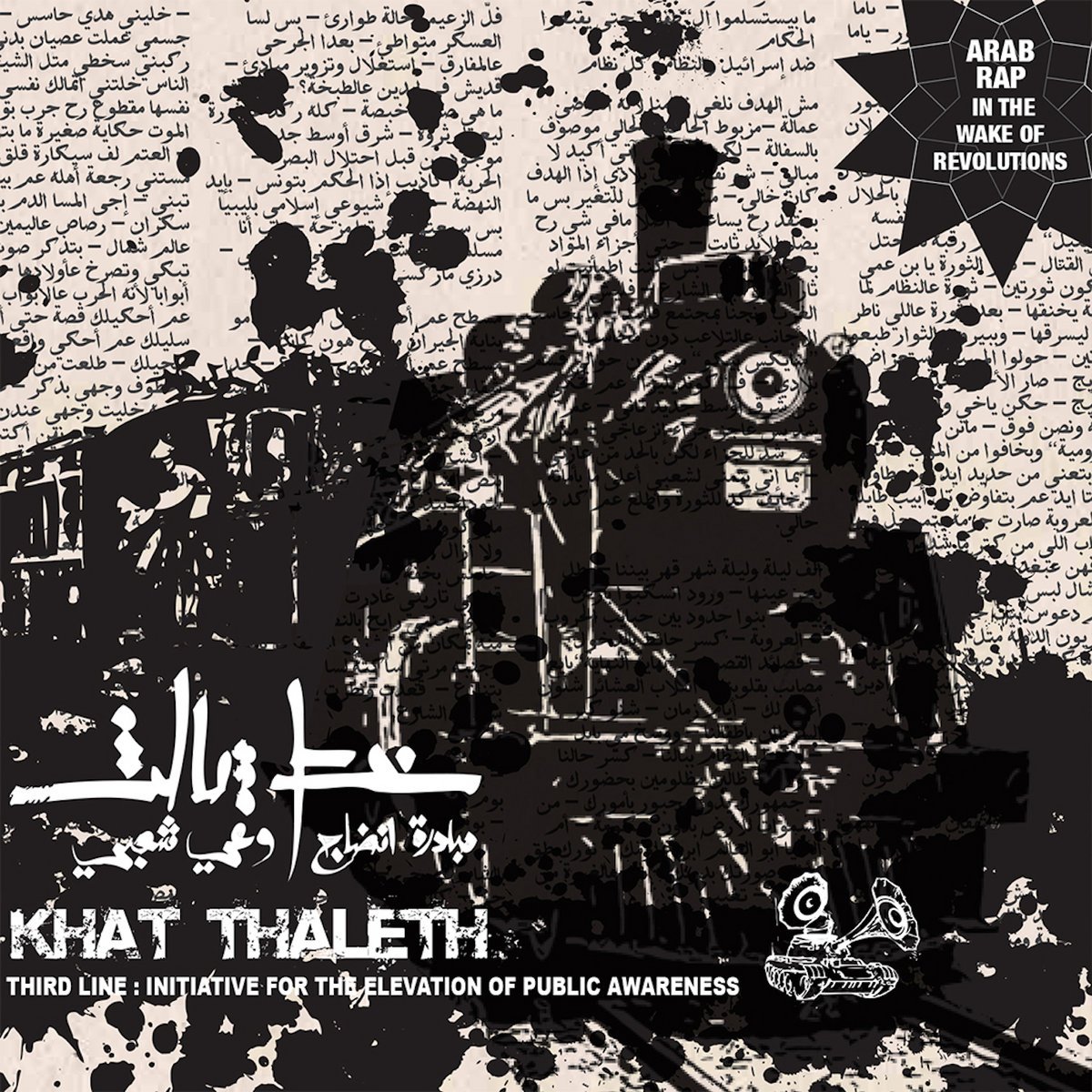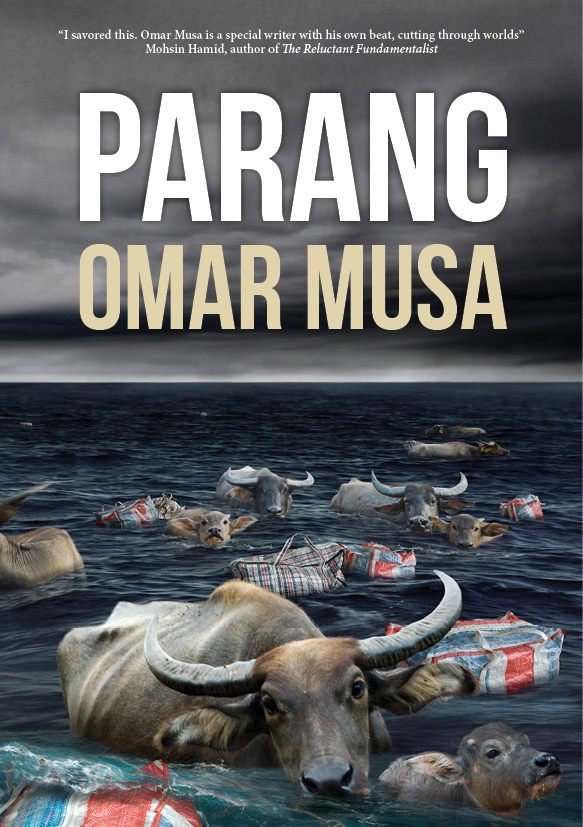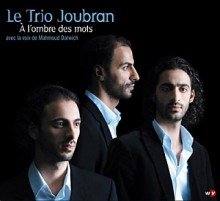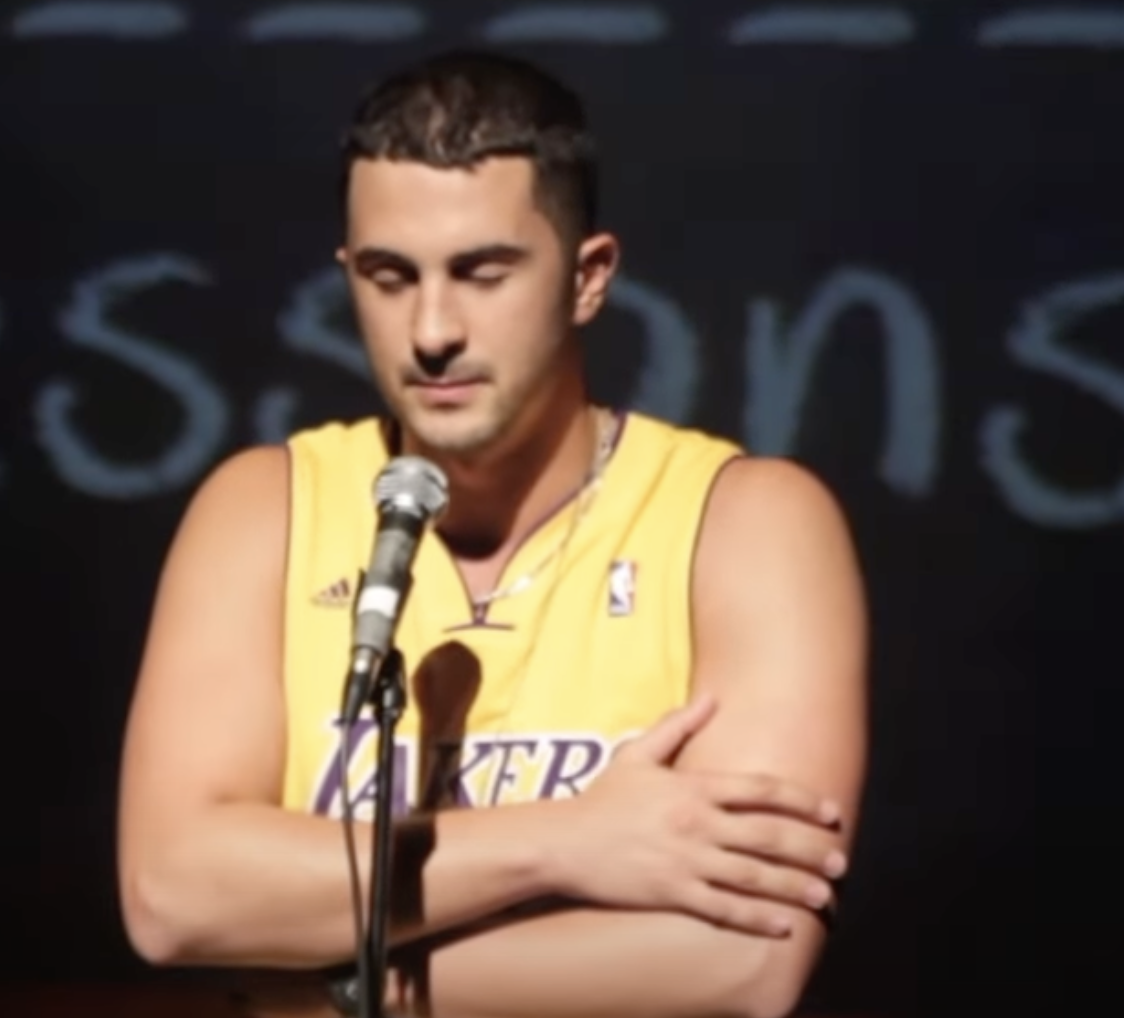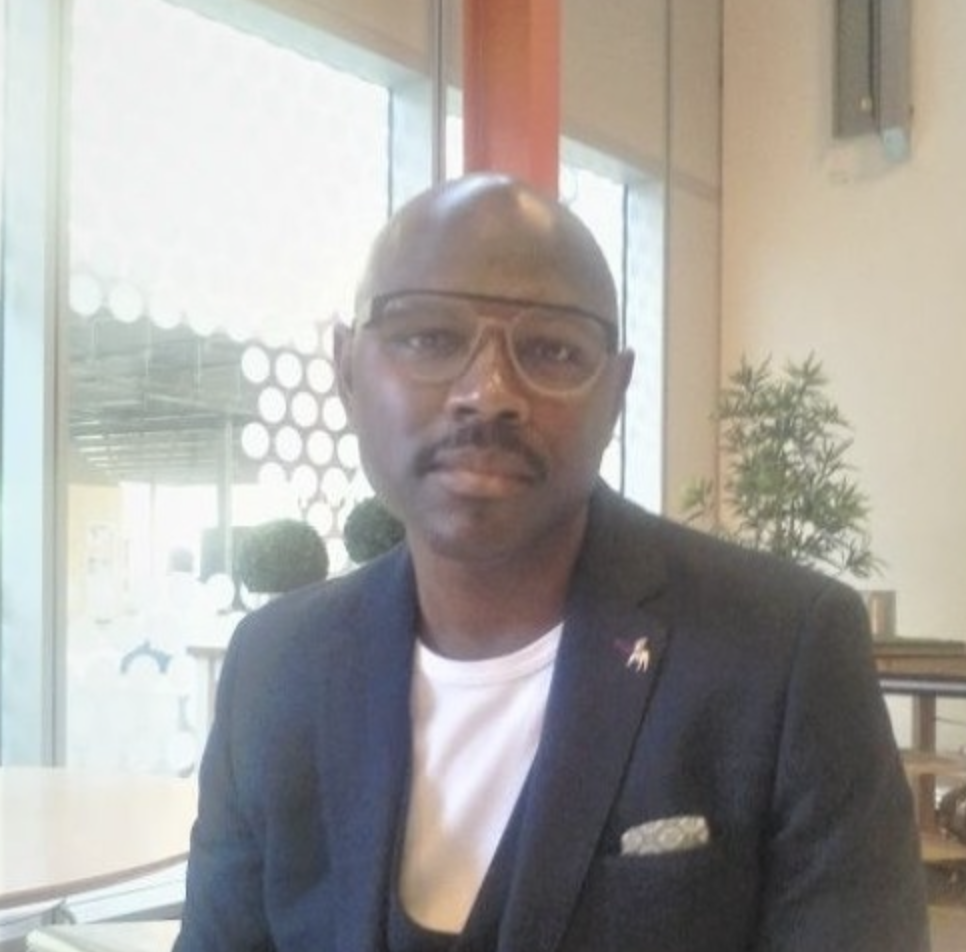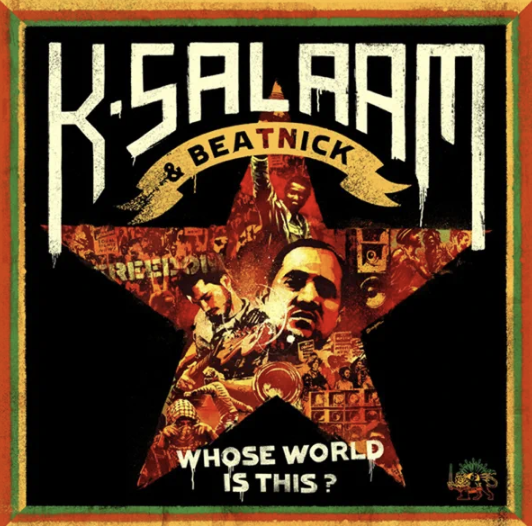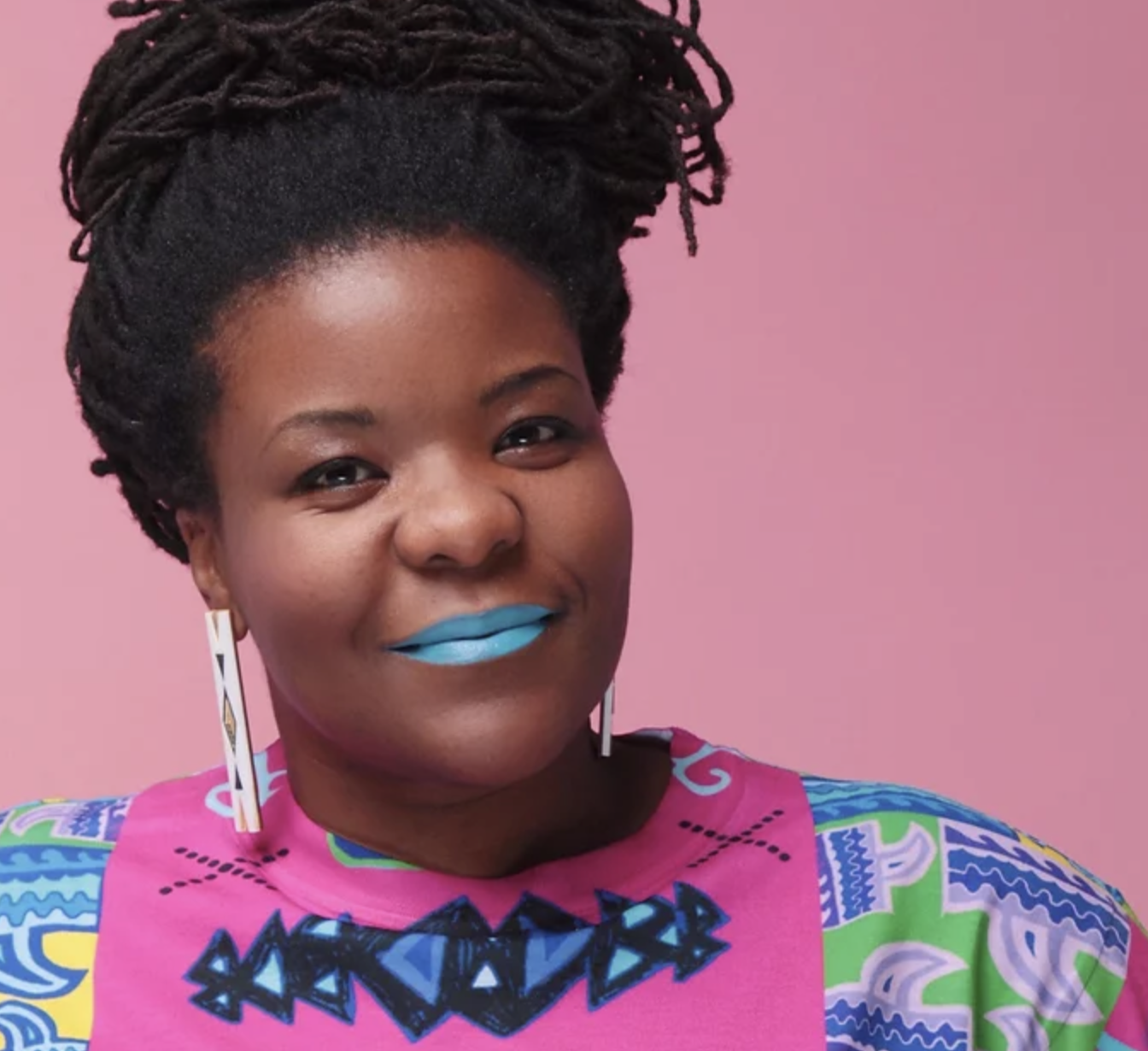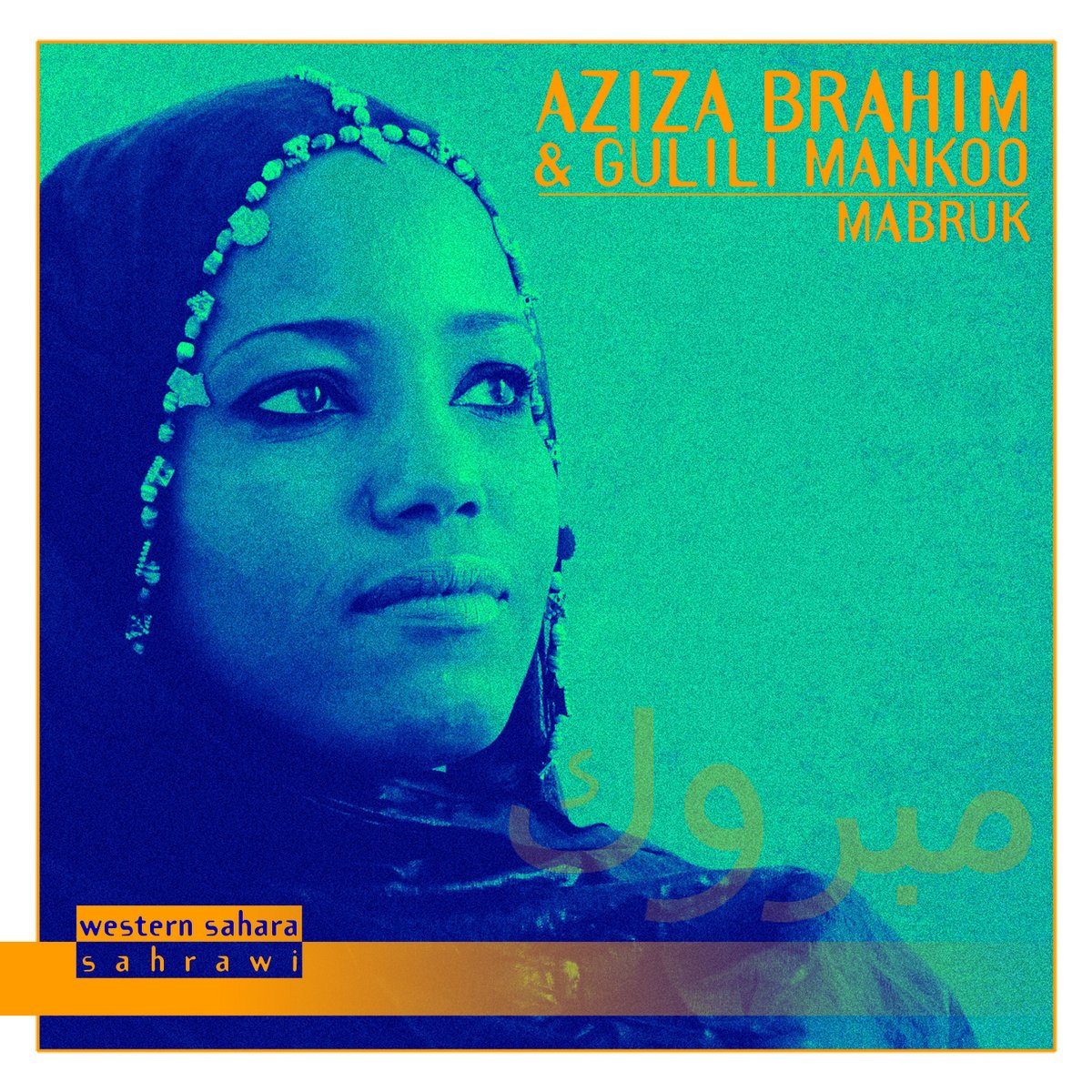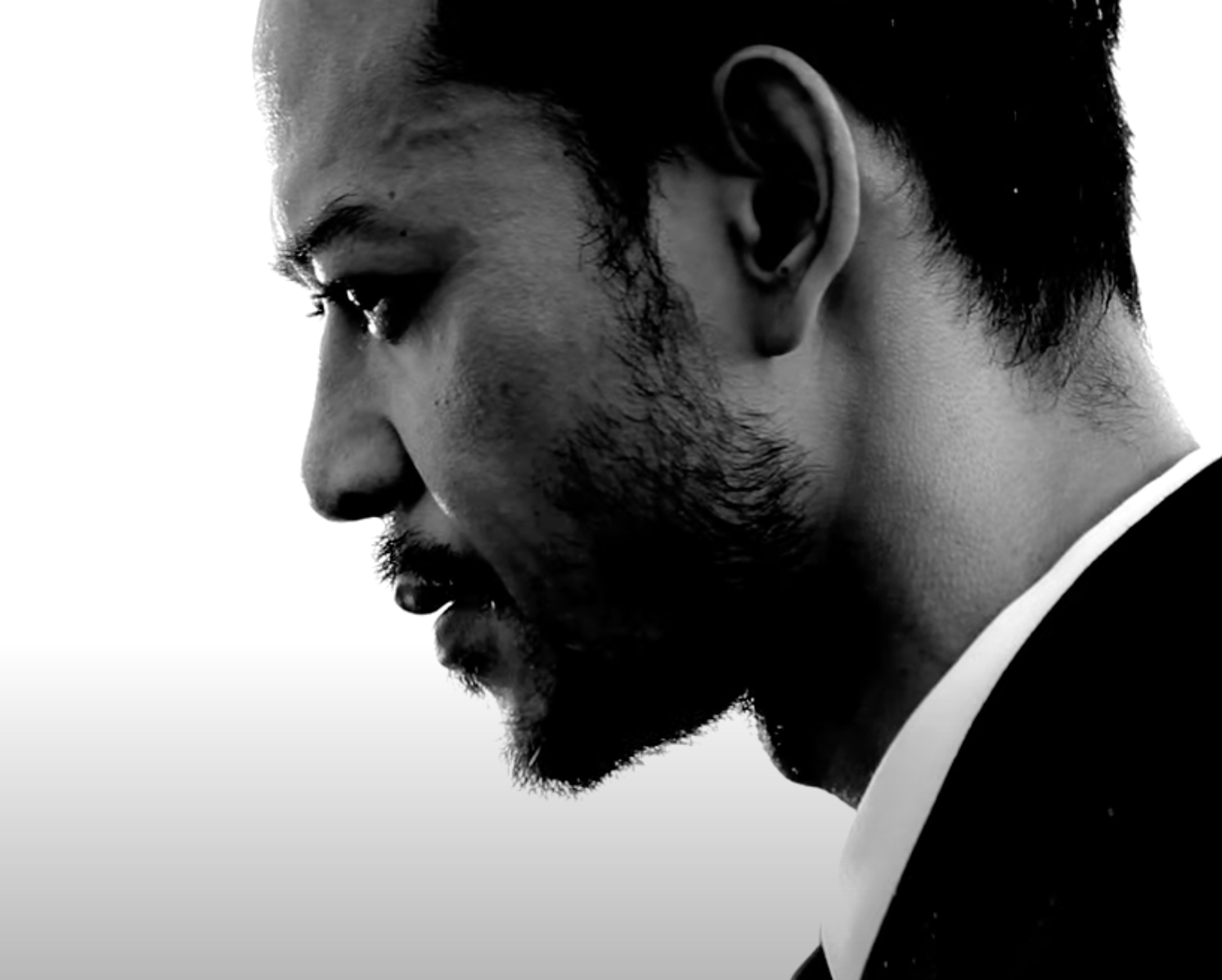La Danza Poetica #12 Refuge
Through the voices of poets and musicians, those who have sought asylum, and those who speak up on their behalf, this edition of La Danza Poetica is a prayer for compassion to prevail in all countries’ treatment of those who arrive desperate on our shores. Mostly in English this month, voices from Australia, America, England, Africa, Cambodia, Iran, Iraq, Lebanon, Algeria, Palestine, Syria ... Across borders, through bars and wires, defying attempts to divide us, we are all united by creativity, love, and story.
Tracklist
Dubsahara - Syrian Rue
Miriam Abshir Vire - Somali mother prayer
Benjamin Solah - Unless You're Free
Filastine - Stereofonic Streetscape Blowout
Hamza Shakkur - Sufi chant
Benjamin Zephaniah, David Lowe's Dreamcatcher & Mieko Shimizu - It All Started With Us
Ahmed Hashim – Haiku (scattered throughout)
Celt Islam feat. Abdal Wahid Mursaleen - Borderless world
W.H.Auden, read by RM Narrative - Refugee Blues
Mohsen Soltany (vocal by Johanne Gow) - Australia (for you who are trusting)
Blue King Brown - Streets Are Getting Hot (Feat. Diafrix)
Pataphysics - Asylum is a Crime
El Rass - Oumat El Zulum (Nation of Injustice)
Omar Musa - The Great Displaced (excerpt from Parang)
Mohsen Soltany (sung by Linda Jansen) - Democracy (for you who are homeless)
Aboul-Qacem Echebbi - Ela Toghat Al Alaam / To the Tyrants of the World
Mahmoud Darwich - Le lanceur de dés (Quatrième partie)
Zeinedin + Narcicyst - Sharq Awsat Jdeed (New Middle East)
Abdul Hammoud - Invaders
Mister Gee - Passing Strangers
Suheir Hammad - Refugees
Sista Zai - Wemsheli
Aziza Brahim - Ya Mulana
Kosal Khiev - Unite Us
Sarah Blasko & Ajak Kwai - Nyiir Ienquarr
Notes on the show
The image is a painting by Alwy Fadhel, an Iraqi refugee held in detention in Australia. He painted this with instant coffee powder due to lack of access to art materials in Villawood Detention Centre (Australia’s oldest detention centre, built in 1976). His work has been published online, alongside other artists in detention in Australia, by the wonderful Refugee Art Project.
As I write this post for the 12th edition of La Danza Poetica, it is September 2013, the eve of a national election. One of the most heated, and shameful, subjects of debate here is how Australia treats asylum seekers. The policies which the two major parties took to this election are inhumane and extreme, and possibly illegal under international humanitarian law. The actions and reactions of governments to people seeking asylum in Australia have for many years far outweighed the reality and relativity of this country's "refugee problem." Astoundingly, this approach has since the 1990s been a vote-winning one. An interesting overview from Jane McAdam recently on CNN: "Australian parties in 'race to bottom' on asylum seeker policy."
As we face what looks increasingly like a hard right victory tomorrow, those of us committed to social justice feel confused for the future of a country that from all evidence, should be culturally open and compassionate, made up as it is of people from many cultures around the world. But the history of the invasion of this country and our treatment of the Aboriginal people whom we displaced goes a long way to explaining the dominant culture's underlying fear. It isn't as simple as saying "Australians are racist" - there are deep lessons to be learned here, if only we could get some clear air, some space to listen, in between the posturing and dog whistling of our political system.
Australia's immigration and humanitarian history makes for interesting reading - if you're interested, from the Refugee Council in Australia here is a timeline: http://www.refugeecouncil.org.au/f/rhp-time.php. Australia signed the UN Convention Relating to the Status of Refugees in 1954. In 1989 it was a Labor government (the so-called "left") who introduced the notion of "illegal entrants" and in 1992, mandatory detention. Australia remains the only country where detention is mandatory for people seeking asylum. Detention is really a nice word for prison, it should be said. With the shift to a hard-right Liberal government came Temporary Protection Visas which essentially kept people in limbo for three years after which they had to apply for further protection or were deported ... more prisons were built across the country, in which asylum seekers were held, including children, often for years. In 2000 I was one of many people who traveled to Woomera in the South Australian desert for Easter protests, to bear witness to the conditions of these desert 'gulags'. Housed in what were effectively shipping containers, behind razor wire, under the blazing sun in the middle of the desert, were men, women and children. This protest turned into a mass escape, and a flashpoint time for the push against mandatory detention. Around this time, detainees went on hunger strikes and sewed their lips together in protest. We thought it could not get worse. Woomera has since closed, but detention continues, now in "offshore" island prisons, now even in Papua New Guinea - no better.
The experience at Woomera changed me forever, woke me fully. It is always personal experience, story, that gives us the momentum to act in our world. It was that experience that drove me to open up my work with spoken word, to widen my own view, to listen to and record and broadcast the stories of the world, because the world is no longer "our country" and "theirs" - we can no longer, with any conscience, consider our world in terms of borders and "protection." It is too big, too complicated, we are too many, the stakes are too high, our fates are intertwined, we must learn to share. We must evolve.
Which brings us to now - to tomorrow. In the middle of all the chaotic idiocy of this election campaign, I try to clear a space for stories, for poetry, for visions of struggle, displacement, loss, humanity, love, refuge. I try to make space for reality. Because these political games are not the reality. The reality is the human story. Through the voices of poets and musicians, those who have sought asylum, and those who speak up on their behalf, this edition of La Danza Poetica is a prayer for compassion and sense to prevail in all countries’ treatment of those who arrive desperate on our shores. It is also a celebration of the incredible beauty that we can access, and create, when we open ourselves to, and welcome in, all the brilliant colours of the cultures of our world.
The show begins (across Dubsahara's lovely track Syrian Rue) with the voice of Miriam Abshir Vire. Buranpur is a poetic prayer from a Somali mother, calling for an end to violence and suffering, and the bestowing of peace and mercy on her people. From the video collection of Dadaab Stories, a project recording the stories of people in the Dadaab refugee settlement. Situated in Kenya near the border of Somalia, Dadaab is the largest refugee settlement in the world – its five camps are a fragile home to roughly half a million people. After two decades, there are more than 8,000 Dadaab grandchildren. Dadaab Stories is an initiative of FilmAid, a humanitarian media organisation that has been making, teaching and screening films in Dadaab since 2006.
Ahmed Hashim, a refugee from Iraq who masked political poetry in the form of haiku, returns (I have featured his haiku in recent mixes) all recorded for the 29th edition of Going Down Swinging for the Overload Poetry Festival in Melbourne in 2009.
Celt Islam's Borderless World, from his album Baghdad, provides the bed for W.H. Auden's poem Refugee Blues. English Muslim, Sufi, based in the UK, Celt Islam uses a fusion of music from sufi, dub, electro, drum'n'bass, Islamic world grooves, to create a 'dance crossover'. This track features The Renegade Sufi in collaboration.
Auden's poem was written in 1939, on the brink of WWII, about the situation of Jewish refugees from Nazi Germany. Their experience of seeking refuge, and being denied refuge, is sadly resonant, a reminder that the situations we face now are not, have never been, new. The reading of this poem that I feature is by Canadian dancer and writer RM Narrative, from his really interesting project recording great poems, which he calls VMH - Vicious Minutes Hour. VMH is VMH is an online audio archive of several hundred pieces of poetry and prose, all recorded by RM. He has a great voice and a great authenticity in his readings. From Auden to Bukowski, from Eliot to Plath, Pablo Neruda, Poe, even excerpts from The Great Gatsby - it's a great project. Here's his Soundcloud:
In the show I feature two tracks from an album released in Australia in 2010. Australian Dream. One of two albums released by Sticky Label of Mohsen Soltany Zand's poetry, this one is a double CD featuring many Australian artists, musicians, actors, reading and singing his work. From Iran, Mohsen sought refuge in Australia and endured four years of detention in Villawood Detention Centre (he was finally released in 2003 and now has permanent residency). He built a relationship with Annette Hughes and Geoffrey Datson who visited him in detention, and their collaboration began, with Annette and Geoffrey producing this album. You can get it from Sticky Label.
Two tracks also from the first The Key of Sea compilation. The Key of Sea started out as a project to create a quintessentially Australian album, each track a collaboration between an Australian established artists and an extraordinary musician who brought their cultural heritage from across the sea, escaping war, hardship or persecution. First, Diafrix collaborating with Blue King Brown on The Streets are Getting Hot. Diafrix are a Melbourne based, African born hip-hop duo, both of whom came to Australia as refugees. Check out their album Pocket Full of Dreams, released late 2012. Blue King Brown are well-known to the Australian festival circuit, the urban roots band out of Melbourne make grooves with awareness. Of the track Streets are Getting Hot, Diafrix wrote: "We focus our lyrics on reminding people why asylum seekers actually come to Australia seeking shelter in the first place and we also hope to remind people of Australia's rich history of providing asylum for people who seek to make a better life and escape the terror of war." The show closes with another track from this album - Sarah Blasko collaborating with the incredible Sudanese voice of Ajak Kwai. Ajak's EP Rieuke Piu is due out soon. All proceeds from the sale of The Key of Sea compilations go to the Asylum Seeker Resource Centre, Human Rights Arts and Film Festival and Refugees Survivors and Ex Detainees (RISE).
More hip hop from Australia with Pataphysics, the straight talking Asylum is a Crime.Pataphysics is Pat Marks, Melbourne-based soulful guerilla hip hop artist. Musician and revolutionary poet with insightful rhymes, in both English and Sri Lankan. All proceeds from the sale of this song go to RISE (Refugees, Survivors and Ex-Detainees) organisation in Australia.
From Lebanon, two great hip hop tracks, both from the album Khat Thaleth, a compilation of politically conscious Arabic hip hop released in January of this year by Stronghold Sound records. Zeinedin + Narcicyst Sharq Awsat Jdeed (New Middle East) and El Rass with Nation of Injustice.
Melbourne poet Abdul Hammoud's poem Invaders and English poet Mista Gee's Passing Strangers both seem to me to be greatly restrained yet angry pieces of work from the perspective of those who immigrate, not by choice, and find themselves displaced, repelled, invisible to the society they have come to join. Also in this show the Arab American poet and refugee activist Suheir Hammad. Recently I shared this TED talk by Suheir - two spine-tingling spoken-word pieces: What I Will and break (clustered) - meditations on war and peace, on women and power. "Do not fear what has blown up. If you must, fear the unexploded." ...
Another great woman storyteller, from Australia, Melbourne’s Sista Zai. She's a powerful force of engagement through the Stillwaters Storytelling Collective here in Melbourne as well as community radio 3CR’s Hip Sista Hop show. Her poem, Wemsheli, is adapted from a traditional Zulu love song.
I close the show with positive, passionate prayers for love and compassion.
First, Kosal Khiev, a man who was born in a Thai refugee camp, fled with his family to America only to get caught up, and to grow up, in US state prisons, and on his release, to be deported back to Cambodia. His poem Unite Us filmed by Cambodia’s Studio Revolt filmmakers is a true vision for a positive future.
Aziza Brahim. One of the new voices of the Sahraouis, the people fighting for independence in Saharan North Africa, Aziza was born in the refugee camps near Tindouf in Algeria. As a result of the Moroccan invasion, she has never been to her country nor knows her family who remain in the occupied zone. Aziza now lives in exile in Spain, touring with a number of groups including Gulili Mankoo. Her album Mabruk, released by the wonderful Reaktion Records in June 2012, is a great collection of desert blues. With this album, Aziza wanted to pay homage to her grandmother Ljarda Mint Mabrouk, a poet known amongst the Sahraouis, and has put some of her poems to music. They all evoke the struggle for independence of the Sahraoui people, the difficulty of living in exile and the heroic dead, lost in the cause of the Polisario Front.
I'm going to give the last word of this post to storyteller - hip hop artist, poet - Omar Musa who features in this show with an excerpt from his self-published book Parang - the great displaced. Just as I write this, Omar has uploaded a video speaking to the Australian political and social crisis, on the eve of a bitter-tasting day. "Our voices may be small, let's at least make them courageous."
